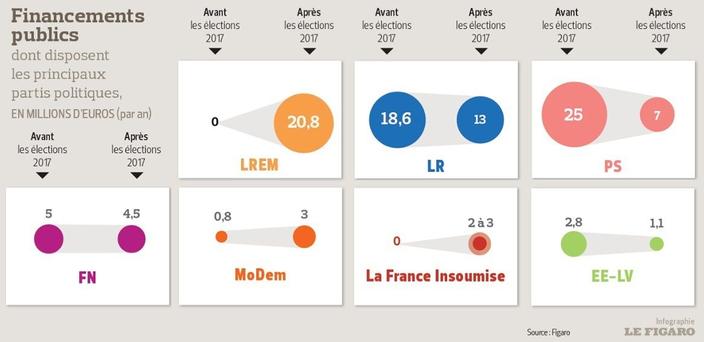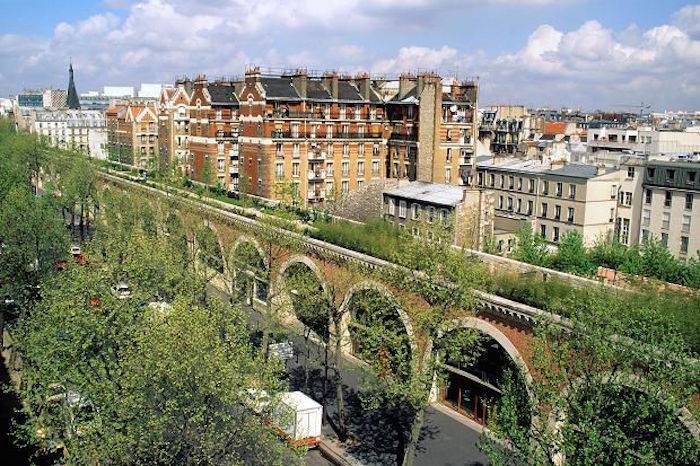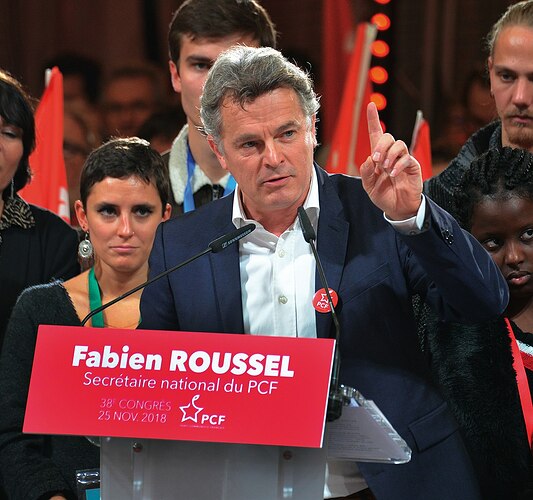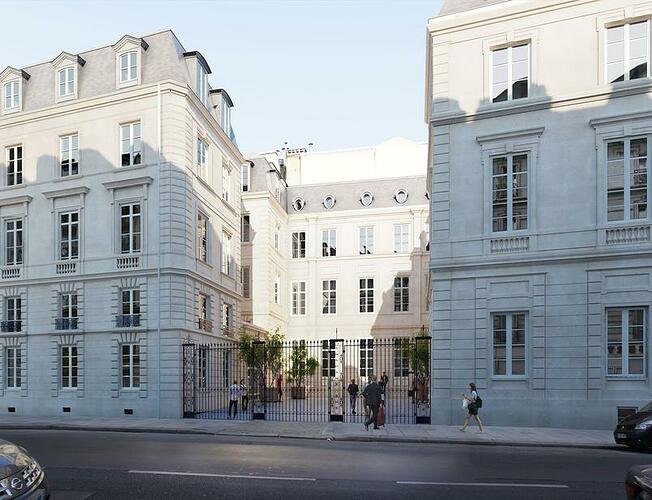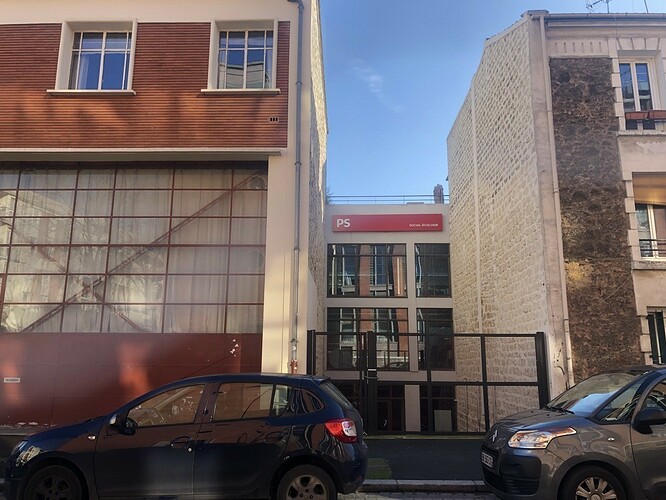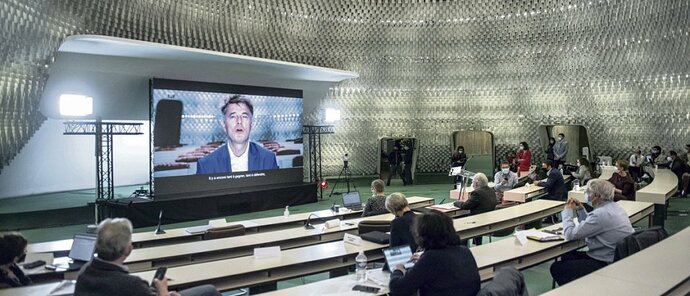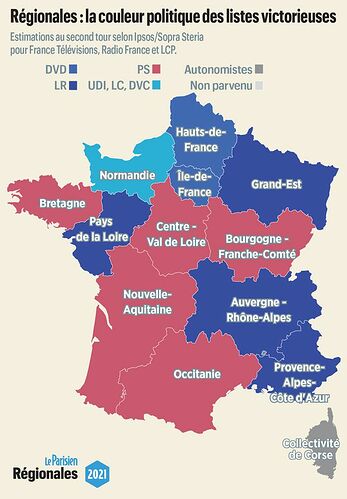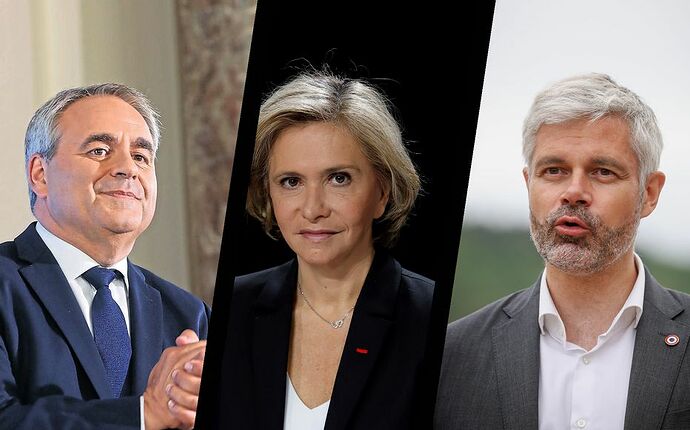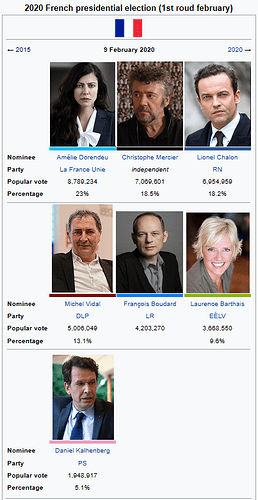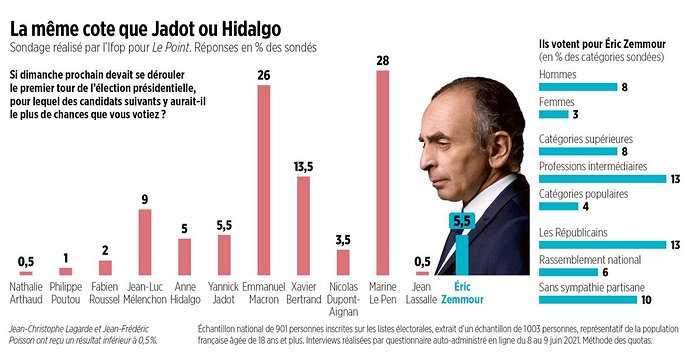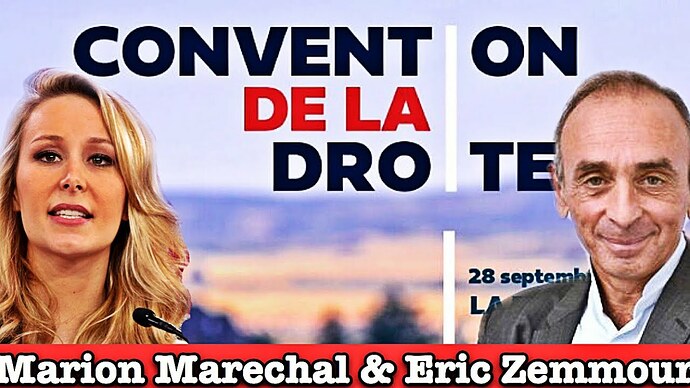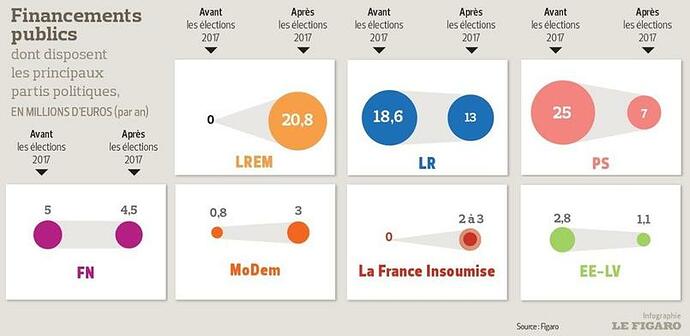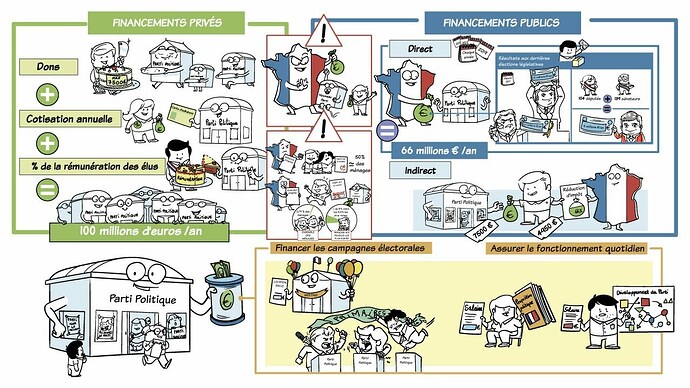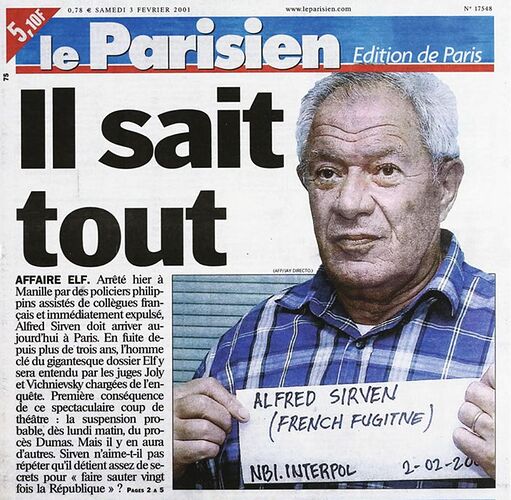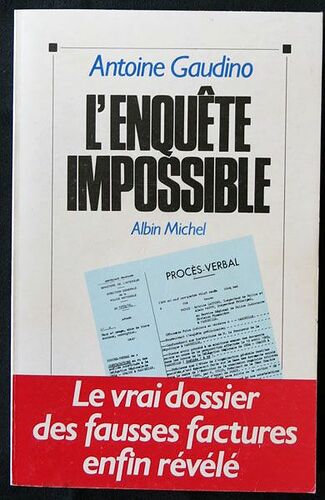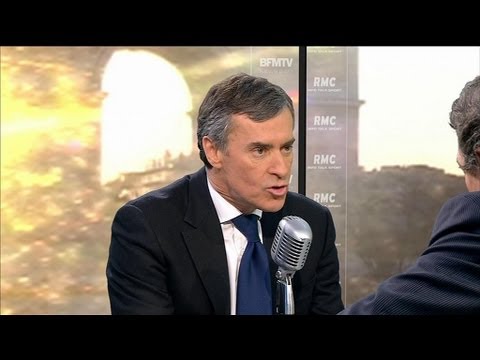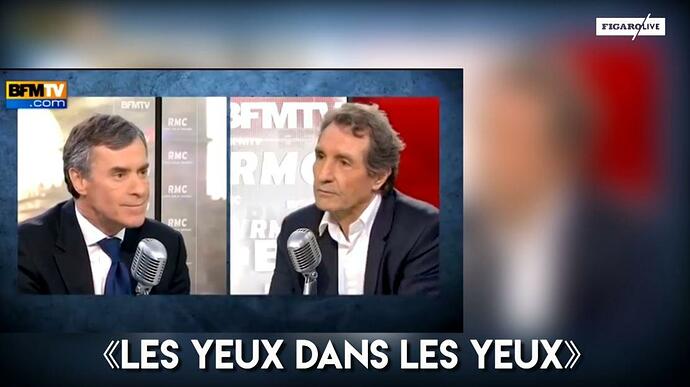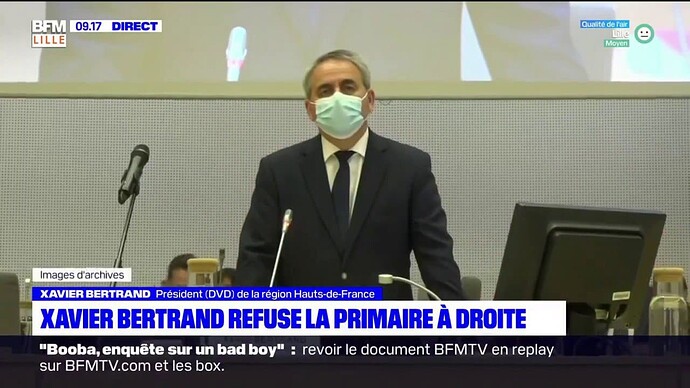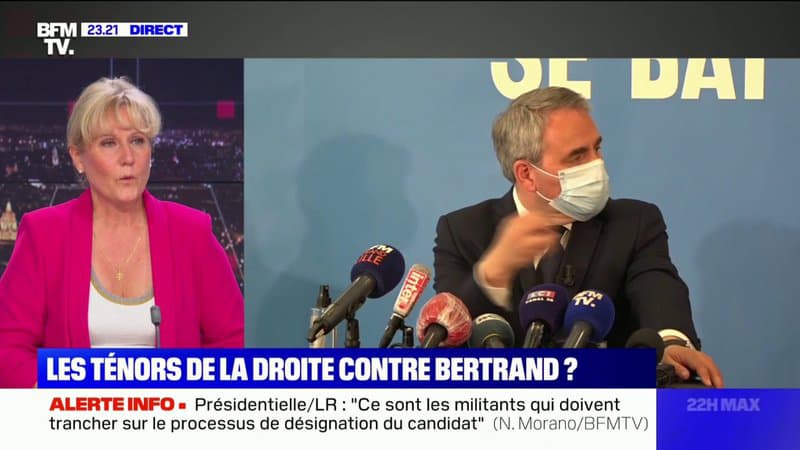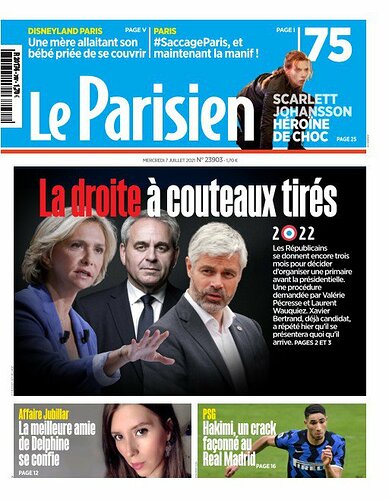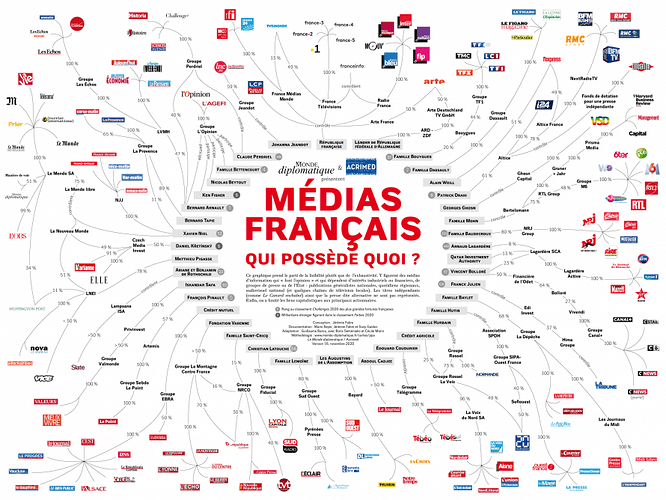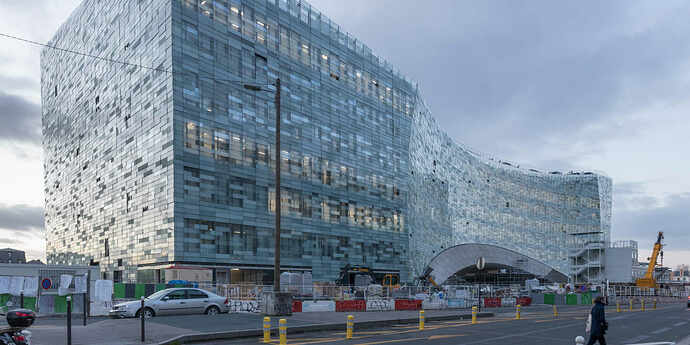The “Baromètre Figaromag” for June came out last Friday (Kantar-OnePoint poll of 27-28 June): Macron up a bit and stable with a “cote de confiance” (confidence rating) at 39%, Marine Le Pen substantially down (-7 from before the Regional-Departmental elections), confirming her poor performance in the Regionals just gone compared to the 2015 Regionals where the then Front National registered nearly 28% (a disappointing 19% this time round, with nearly 4 million fewer ballot votes in the 2nd round – 2.9 m vs 6.8m in 2015 –, zero region taken despite high expectations backed by strong opinion polls, zero department taken too and 1/3 fewer regional councillors elected compared to 2015, and the RN is only now present in 8 departments out of 101). Mélenchon also further nose-diving (-6). The bulk of the analysis is behind their paywall or in last week’s Figaro magazine I believe.
(note the reference to the political series Baron Noir , in reference to Mélenchon, a good series, I recommend if you’ve never seen it).
(The Guardian, 2016: Baron Noir: it’s the French House of Cards – and it’s cracking fun).
A trailer (subbed in English): https://www.youtube.com/watch?v=9ocFUNH0Sh0
MLP is still favourite to reach the 2nd round though, well, IMO.
Anyway, a rumour doing the rounds at the minute is that of a possible alliance between the Far Right polemicist Éric Zemmour and MLP’s niece Marion Maréchal (more on her later), the ex Front National MP (2012-2017) for the Carpentras constituency and s.o touted as a possible future Hard Right leader, not necessarily within the Rassemblement National party, which has more or less rejected her as the Marine Le Pen’s clan has muscled in over the years (it is a very lucrative business, as I explained a few weeks ago, MLP is on €20,000 a month as party leader & MP, ditto her entourage, they’d be on less but still an awful lot as mayors (of Perpignan, for Louis Aliot, her ex boyf’ for 10 years, a former MEP etc. and now Perpignan mayor, vice-president of the party etc. they’ve all been coining it in for a long time at the FN/RN living off the fat of the land).
This Zemmour-Maréchal ticket is a big outlier at the mo but who knows, in these crazy times the “Zemmour variant” could do some damage. It couldn’t win outright but could certainly kibosh Marine Le Pen’s chances of reaching the second round.
In the third and last Baron Noir season, WARNING ---- SPOILER ---- there’s an anti-system independent candidate (Christophe Mercier, a science teacher) who comes from nowhere and who through social media Gilet Jaunes type activism upsets the status quo cart and becomes a potential presidentiable …
Both Zemmour and Maréchal hold a solid grudge against Marine Le Pen, for different reasons, so they could well throw their hats into the ring, at least have a go.
Zemmour himself is reportedly mulling a presidential bid (IMO: not a serious one, but more to raise his brand and pee off Marine Le Pen, whom he deems too soft) but up to now it was to be a solo bid, there was no question of Marion Maréchal joining him.
It would be a purely “disruptive” alliance as neither of them can win it but they’d certainly weaken MLP as that electorate segment would be split and would certainly thwart MLP.
Zemmour on his own is credited with about 5% voting intentions, but if he were to run that % would probably rise, esp. if paired with Marion Maréchal.
(
above, the results of a poll conducted about 3 weeks ago, before the Regionals then)
IMO, it won’t happen or he won’t go the whole hog (getting the obligatory “parrainages” before the deadline could be a problem, those 500 signatures/endorsements each candidate has to get from about 47,000 elected officials (mayors, regional & departmental councillors, MPs & MPEs, etc.), it’s more a publicity stunt IMO and also as I wrote, a way to get back at MLP and make her sweat a bit (it’s working, they’re not best pleased about it but also, I suspect, know that it’s probably not genuine).
Zemmour and Maréchal at the Convention de la droite in September 2019
Éric Zemmour
In the late 2000s, the multimedia journalist Éric Zemmour, then a moderate Centre-right mainstream affable but ultimately fairly “boring” journo, understood that to kick ass (i.e to grow the business) he’d need to transmogrify into a high-profile ultra-populist polemicist, a Far Right one in his case, and to hell with nuance and analyses which are complicated, unprofitable, difficult to market so he reasoned that these things were best left to the Sensibles. Which that’s what he did, he taped ridiculously successfully into that growing neo-reactionary Alt-Right/Breitbartist disruptive market, thanks to the advent of social media and 24/7 “news” channels such as the controversial CNews (aka “the French Fox News”, owned by the non moins controversial billionaire tycoon Vincent Bolloré, are always happy to enable extremists and cranks of all stripe and naturally reap the €benefits through increased viewership figures.
Zemmour is particularly obsessed with a theme dear to (mostly) Far rightists: (French) Declinism, a deep-rooted fixation in some, bordering on neurosis. Declinism in France, as a theory, goes back to the French Revolution and the post-Napoleon era, with the first notable acceleration happening in the wake of the French defeat in the Franco-Prussian War in 1870-71.
Its corollaries, immigration, “le grand remplacement” and Western decadence, are naturally also Zemmour’s bread and butter. He’s been successfully prosecuted three times for hate crimes.
Declinism is, of course, not just any controversial thématique . Just like outrage is a tried-and-tested business model, Declinism-catastrophism is for some professional controversialists a formidably lucrative money-spinner, an inextinguishable seam that many are happy to mine advitam aeternam. The major advantage of this Declinism seam is that the theory behind it is awfully vague so very adaptable, flexible and great for fakenewsry and general shithousery. It is a seam that a seasoned professional like Zemmour can mine it effortlessly in all directions and big up its offshoots hundredfold (eg by declaring “war” on wokeism, decolonialism, feminism, anti-racism and myriad other “isms”).
This surenchère means that Zemmour is constantly radicalising and “diversifying” his rhetoric in order to always have fresh material to rail against, allowing him to stay relevant, to last the distance and thrive in a competitive environment as media fall over themselves to air the views of any progressophobe, whether it is to give them a platform or inveigh against them.
Zemmour is therefore ubiquitous in the French media and his books on Declinism are bestsellers, such as Le suicide Français in 2014 (500,000 copies sold):
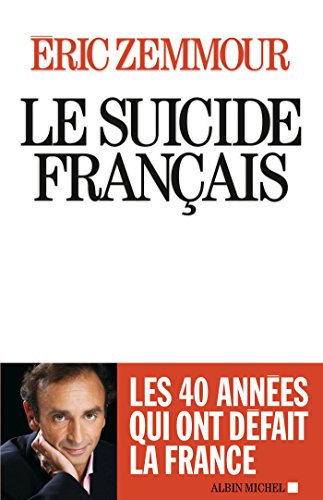
(to save you’re the bother if you were tempted, here’s its core message: since May 1968’s students & workers’ leftist revolt and De Gaulle’s death two years later, everything in France, this once great country infused by the hallowed Siècles des Lumières/Enlightenment principles bladibla, has gone to pot as Willie Nelson & Merle Haggard used to sing because of all these anti-patriotic progressives, because of these liberated wimmin, because of the immigrants, Islam, the elites, the luvvies etc. France is consequently now a giant pile of manure, befitting one of her emblems, the cockerel, and will any minute become so irrelevant that she’ll sink and disappear off the face of the earth into some giant putrid hole).
Counter-books anc countless articles and essays have been written in response, such as Contre Zemmour. Réponse au Suicide français, necessary writings no doubt but also feeding the obsession (also through debates, endless controversies etc.) and giving it a legitimacy it wouldn’t have attained otherwise and one that it probably doesn’t warrant. But hey, it’s a business so anything goes and a whole varied eco-system depends on it being kept alive and well.
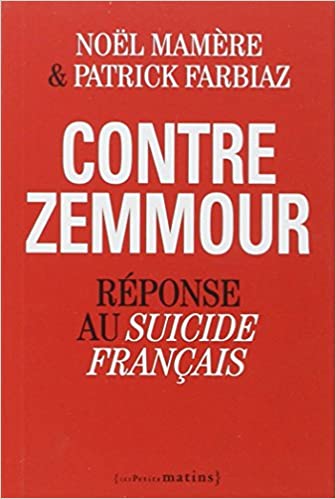
Now, about a month ago publicity-hungry Zemmour let it be known that he could run for president next year, and has been spotted contacted mayors and various officials to test the waters.
Eric Zemmour, the French TV star who is stealing Marine Le Pen’s thunder
Basically, the subversive Zemmour, who up to recently supported Marine Le Pen, now finds MLP too cudly, too soft, too “plan-plan” as the French say (chilled out or staid/humdrum), nowhere near radical enough.
The list of her unforgivable shortcomings and tares (aberrations) in his mouth is as long as it’s damning: she’s not enough anti-EU, pro-Frexit etc.; she’s too wishy-washy on nationalism and identity; she’s too embourgeoisée, too centrist/leftwing or meek in her policies (retirement at 60, reimbursement of the national debt etc. what fresh nonsense is that), she’s too vague on immigration, insufficiently pro “traditional family” along standard Christian values. And something that Jean-Marie Le Pen reiterated only a few days ago (yes, even at 93 the old fascist fecker is still giving ITWs, he has a YT channel etc.): his daughter lacks “virility”.
She’s way too modern, too societally liberal, too LGBT-friendly (as I’ve written before, a number of RN politicians and advisers are openly gay and some – https://pbs.twimg.com/media/B5Dc0rsCEAAUfCv?format=jpg&name=large. He ran the RN list in the Regionals, in Bourgogne-Franche-Comté but came a cropper, finishing a disappointing 3rd behind the LR list and the outgoing region’s president, the Socialist Marie-Guite Dufay who registered 42% in the 2nd round). This doesn’t sit very well with the neocon Zemmour.
And last but not least, her cardinal sin: to Zemmour, MLP is way too soft on Islam. MLP’s official views on Islam, that it’s “compatible with the Republic”, particularly grate with him.
To Zemmour, the FN > RN “detoxification” process has gone too far and there is little now that really differentiates her from many mainstream parties, the RN to him is just “un parti comme les autres”, it no longer has the distinct USP it had under the father and it explains why the party is in electoral decline.

